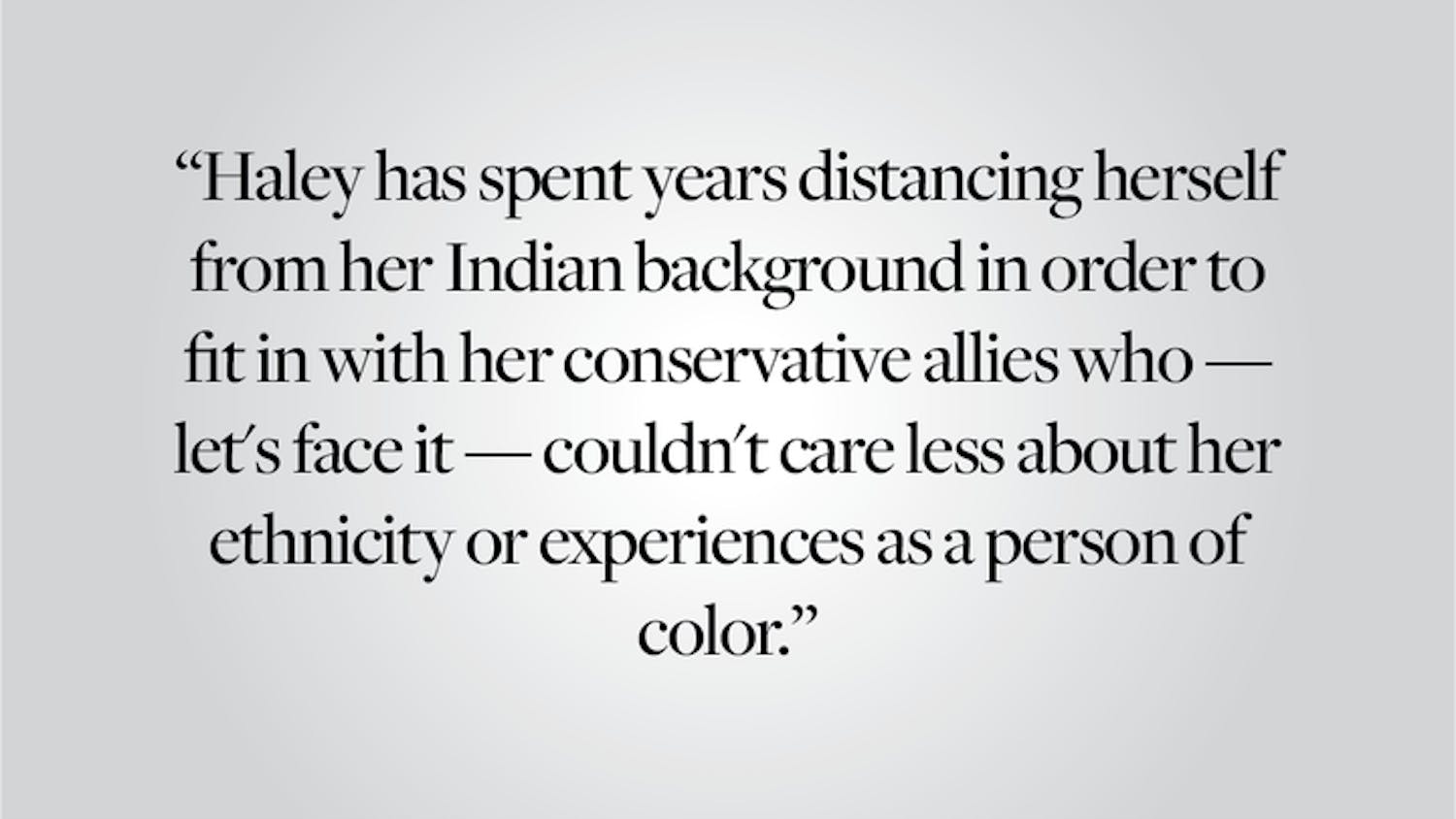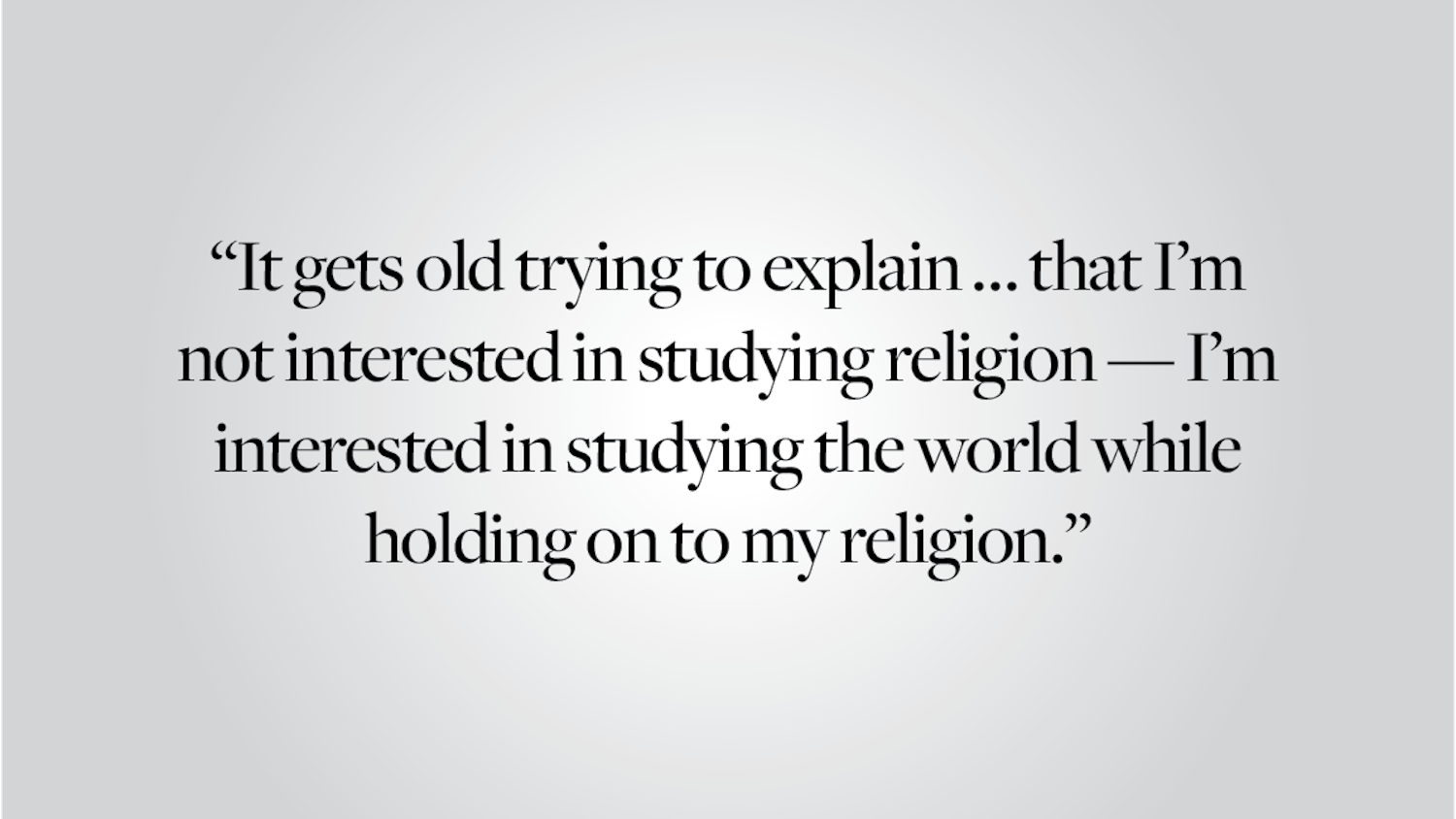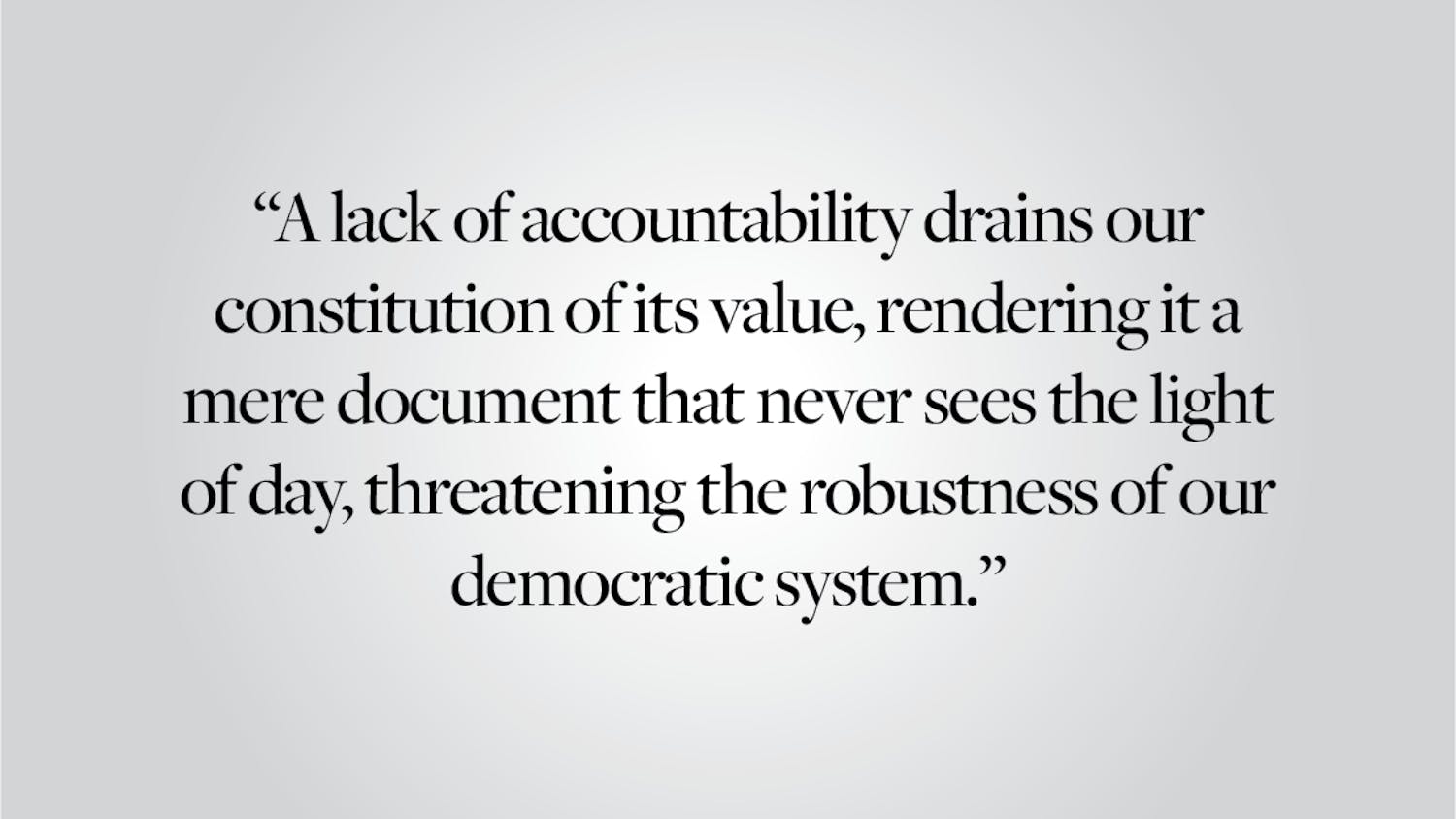I fear that the #BlackLivesMatter movement may have gotten off on the wrong foot (with tactics that alienate needed allies) and that it may be barking up the wrong tree (by focusing inordinately on anti-black police violence.) This concern derives from my definition of the core problems and my convictions about how best to make progress toward solving them. Permit me to explain.
I am taking the considerable risk of expressing my concerns about BLM here precisely because I want the movement to succeed. Consider this intervention to be an “old head” offering some friendly, unsolicited advice. I understand fully that righteous rage can be a catalyst of change by forcing neglected issues onto the public agenda and by stirring the masses out of their complacency so as to advocate reforms. If change is ultimately born via legislation enacted by politicians, it is often midwifed via noisy, disruptive acts of the mobilized masses.
So I accept that activists and politicians play very different roles in bringing about needed social change. But I disagree with those who insist that the right answer to the question famously posed to the presidential candidates in the Democratic Party debate some weeks ago was for them to respond as they did. Incanting “Black Lives Matter” rather than “All Lives Matter” hardly constitutes advocating “racial justice,” in my view. Indeed, I see the making of such verbal concessions as a kind of cheap grace. These genuflections ask very little of the (white) politicians or their (white) voters.
But endorsing universal early childhood education, scattered site public housing, massively increased spending on mental health care for the indigent, revamped criminal justice policies, a guaranteed minimum income for all American families, public jobs as employer-of-last-resort, higher per capita expenditures on the education of those from the least advantaged home environments — all of these things, and more, enacted via comprehensive legislative initiatives DO ask a great deal from politicians and WOULD be a massive step in the direction of “social justice” in America. And, given their disproportionately beneficial impact on black communities, enacting such a comprehensive progressive agenda would constitute achieving the only kind of “racial justice” worth fighting for in my view. Don’t misunderstand me. I am not saying one must choose either to pursue social justice or to seek racial justice. One can do both. There is plenty wrong with the way certain law enforcement agencies conduct themselves in certain communities of color, and this must be opposed. My point is that, in doing so, one ought to bear in mind that the ultimate goal is to transform the underlying social structures that give rise to the marginalization of communities of color. And this observation imposes constraints on the ways in which racial justice claims should be expressed.
I can put this differently: At the end of the day, there can be no “racial justice” that will last without establishing universal social justice. And there is no path to the latter goal that does not involve persuading a majority of one’s fellow citizens of the desirability of one’s cause. The historical crimes of slavery, Jim Crow segregation and mass incarceration have devastated millions of black lives. These crimes, most definitely, constitute racial injustice. But reversing the effects of this historical racial depredation — that is, healing the broken bodies and minds of its victims — is something that cannot be achieved in isolation from the broader political program of establishing a just social order for all Americans.
Thus my concern is not — as many opponents of the so-called “politics of respectability” might put it — that (black) activists should be “walking on eggshells” so as to avoid alienating “the (white) powers that be.” Rather, I urge upon BLM the adoption of a comprehensive political strategy that, in collaboration with other strands of activism in this country, can lead toward the enactment of the structural changes necessary for undermining the subordination of black people and enhancing the quality of black lives. That strategy would stress legislative outcomes of the sort outlined above. It would recognize that the support of people from all races is an essential precondition for political success. It would, in other words, be less driven by righteous rage and more constrained by rational prudence than is characteristic of the current public stance of BLM.
Finally, and in the same spirit, there is another reason that we should speak of “all lives” and not of “black lives”: We black people make race the central theme in a discussion of crime, policing and punishment in this country at our peril. This is because we blacks are vastly overrepresented among those who commit acts of violence (e.g., robbery and homicide) relative to our presence in the population. My fear is that a discourse which readily cites the race of a citizen and the race of a cop as the touchstone of moral outrage — “yet another unarmed black teenager is accosted by yet another white cop” — invites a counter-discourse in which the race of the perpetrators and the victims of everyday street crimes comes to be accepted as a legitimate topic of public argument. We are already seeing the ugly specter of such a discourse in the frequent, and quite disturbing, mention by conservatives of so-called “black-on-black” crime and in their evocation of those (few) instances in which some fringe elements marching under a BLM banner have seemed to call for violence against (white) cops.
We may be but a short step from having to endure public exhibitions where “black criminals” are said to have preyed upon “white victims” — as with the infamous Willie Horton incident from the 1988 presidential campaign. This is not a tendency favoring the interests of black Americans over the longer run. So much should be obvious. Moreover, we cannot count on adherence to the restraints of political correctness to protect us from such an eventuality, as outrageous remarks issuing daily from a certain Republican presidential candidate would seem to attest. In my view, risking such a racial backlash is completely unnecessary. After all, twice as many whites as blacks are killed by police officers in this country every year. We blacks may be at a greater actuarial risk, and racism may yet be alive and well in some quarters of American law enforcement. But unaccountable police violence against citizens happens to people of all races, and it diminishes every American citizen, whether victimized or not. Thus, a movement defining itself in opposition to police violence need not be framed primarily in racial terms. That may be how one comes to start such a movement. But it ought not to be how one aims to build and to sustain it.
In summary, I continue to believe that, while race remains important in America, the core problem here ought not to be defined as a racial justice problem. It is a social justice problem. And the key to solving it, ultimately, is not by means of a mobilization on behalf of black lives. Rather, lasting solutions will come, if at all, only via a movement that successfully affirms the value of all lives. I realize that, at this critical moment, these are loaded words. I use them because I am convinced that lasting progress requires the successful marshaling of voting majorities on behalf of well-defined legislative policy goals that, once achieved, will have had the effect of transforming the lives of all Americans.
Glenn Loury, professor of the social sciences and economics and a faculty fellow at the Watson Institute for International and Public Affairs, can be reached at glenn_loury@brown.edu.




